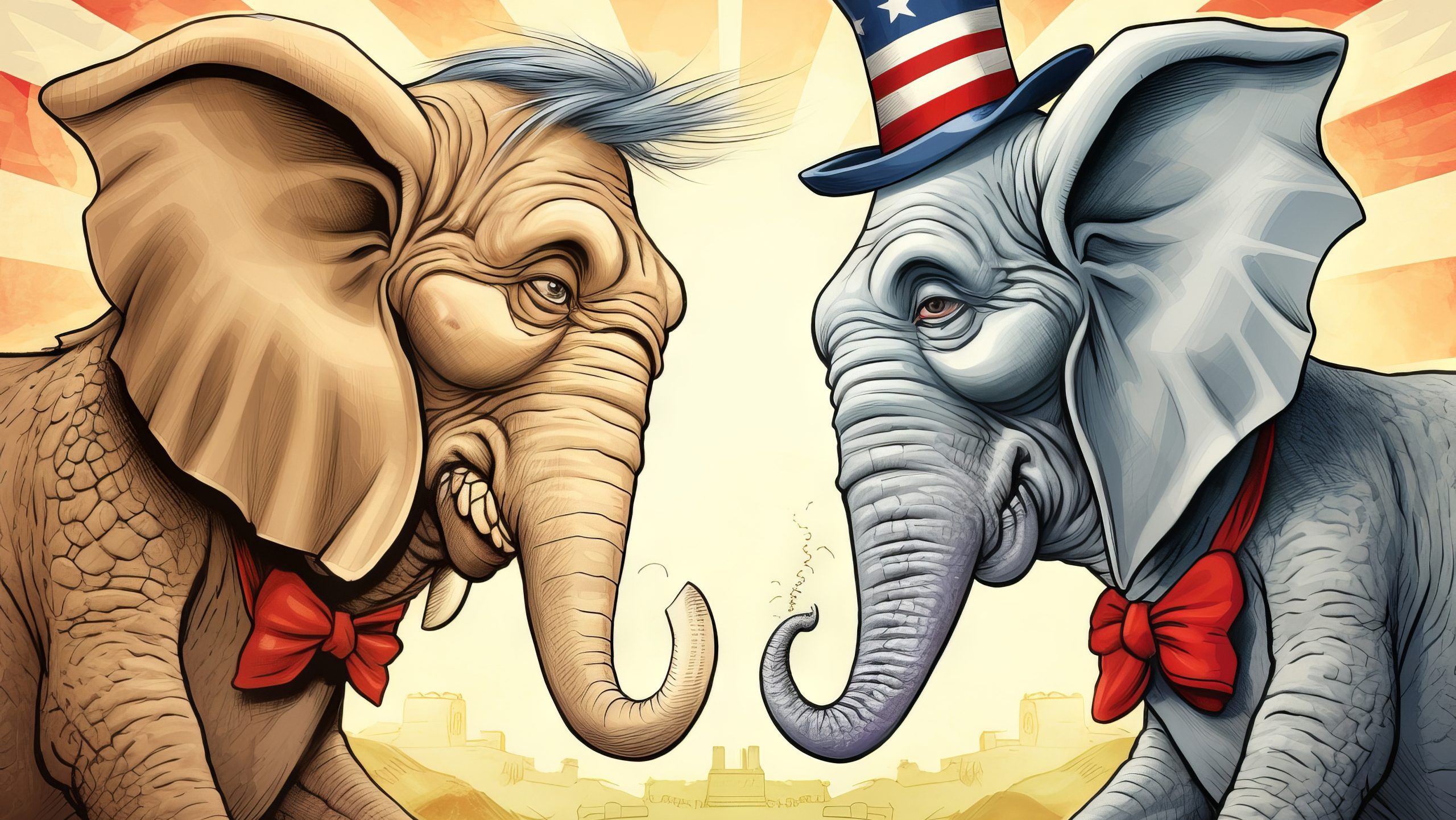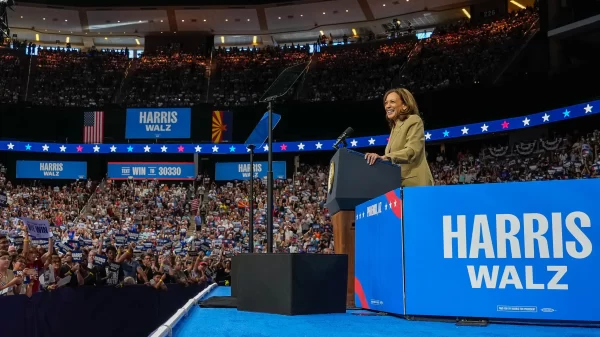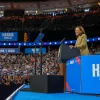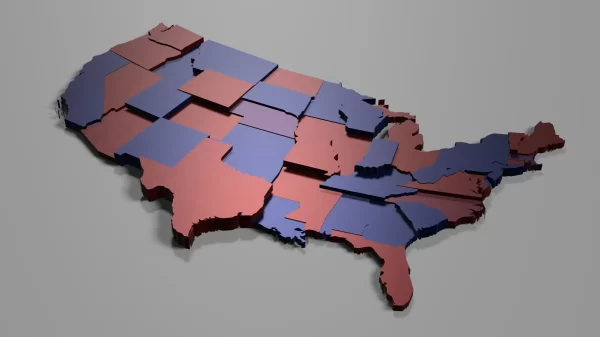In Alabama, the primary election serves as a pivotal juncture in the democratic process, determining the candidates who will represent their respective parties in the general election.
This system, while foundational, has recently been at the center of a contentious debate, particularly following allegations that over 100 Democrats cast their votes in the Republican primary in Dale County, aiming to sway the results.
This incident, set against the backdrop of a race where no Democrats were vying for the Dale County Commission Chairman, has ignited a broader conversation about the essence of voter participation and the principles guiding our electoral system.
Alabama’s open primary system allows voters to choose the party’s ballot they wish to vote on, regardless of their previous election choices. This inclusivity is vital in a state where the scales are often tipped heavily toward one party, leaving many voters to decide between abstaining or voting for a “lesser evil” within the dominant party.
However, the Alabama GOP’s reaction to crossover primary voting, particularly the 2017 law prohibiting voting in different parties’ primaries and runoffs, raises concerns about the commitment to a genuinely participatory democracy.
The debate over open vs. closed primaries takes on a significance that transcends party lines.
The essence of democracy, after all, is participation. It’s about giving every citizen the power to shape their government, to have a say in who represents them and how they are represented. Yet, this fundamental principle seems to be at odds with the mechanisms of closed primaries, which restrict the right to vote in primary elections to those who have declared loyalty to a particular party.
This approach not only stifles voter participation but also amplifies polarization, diluting the very democracy it aims to serve.
Critics argue that this law, and similar strategies that appear to suppress voter participation, resonate with a broader, troubling trend of division and exclusion in Alabama politics. Instead of embracing a philosophy of addition and multiplication, where more voters are encouraged to participate and support candidates they truly believe in, there seems to be a pivot towards subtraction and division, narrowing the electorate and potentially skewing the democratic process.
Yet, the benefits of open primaries are clear and compelling.
They empower a broader swath of voters, including the nearly 50 percent of voters who are unaffiliated with any party, giving them a voice in crucial electoral decisions. Moreover, open primaries can serve as a potent antidote to political polarization, urging candidates to adopt more moderate, consensus-driven stances that appeal to a wider audience, not just the extremes of their party.
Open primaries empower voters, allowing them to support the candidates who best represent their interests, regardless of party lines. This empowerment is especially crucial in a state like Alabama, where political contests are often decided in the primaries.
By enabling all voters to participate, open primaries ensure that elected officials are more representative of the broader population, not just the most active or extreme elements of their party. Open primary inclusion not only enhances the democratic process but also reflects the foundational American principle of “no taxation without representation.”
As we reflect on the principles that underpin our democracy, it’s essential to champion systems that foster inclusion, dialogue, and genuine representation. Alabama’s open primary system, despite its imperfections, represents a step in the right direction, offering a model that, if refined and embraced, could reinvigorate our political landscape, making it more reflective of the diverse voices and perspectives that constitute the fabric of our nation.
In the spirit of democracy, let us advocate for a system that elevates the power of the vote, encouraging all citizens to participate actively and thoughtfully in shaping the future of our society.












































